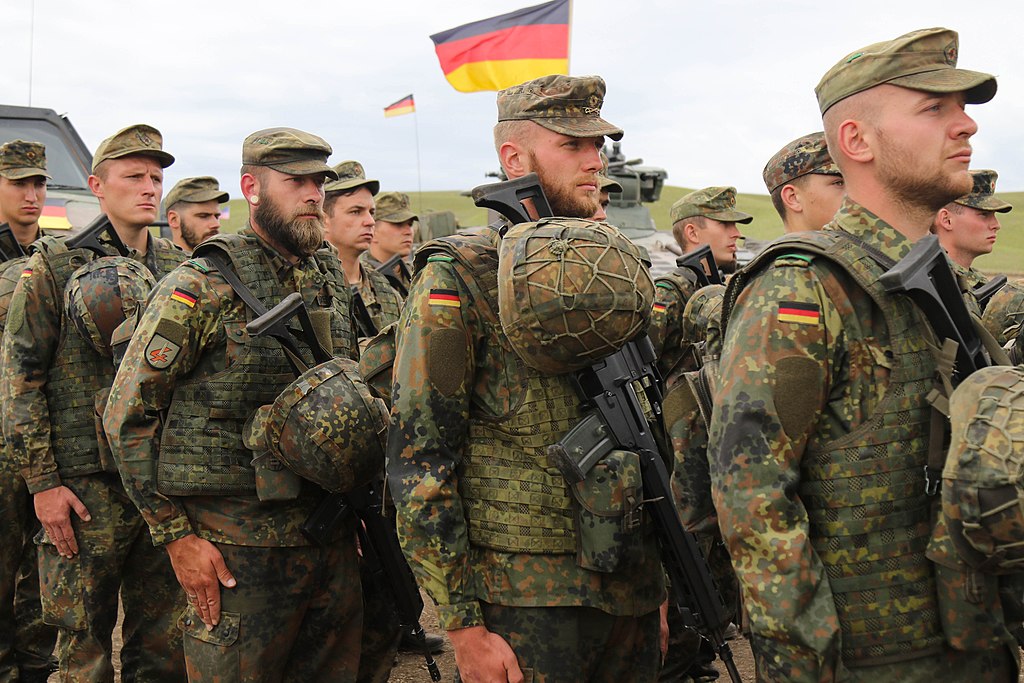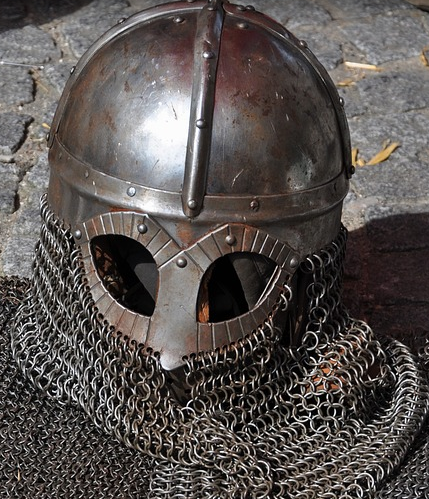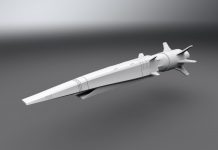
Europeans don’t do theatrics quite as well as Americans – which is why, luckily for her, German Chancellor Angela Merkel never stood on an aircraft carrier in front of a large banner reading “mission accomplished”. Other than in the lack of ill-fated symbolism, however, Germany’s current take on European defence bears an eerie resemblance to then-president George W Bush’s premature declaration of victory in Iraq in 2003.
To get a sense of where EU policy might go in the future and who likes working with whom, the European Council on Foreign Relations has in last few years carried out an expert survey that forms the basis of its EU Coalition Explorer. This year, 845 policymakers and experts spread across all 27 EU member states provided ECFR with a sense of their respective governments’ priorities. One thing is clear: it isn’t common European defence.

After a few years as a contract serviceman, I graduated with a degree in business law, and worked in defence industry related groups. This has given me the opportunity to work closely on a number of export markets related topics. As a result, I feel a certain legitimacy to write on these subjects.




